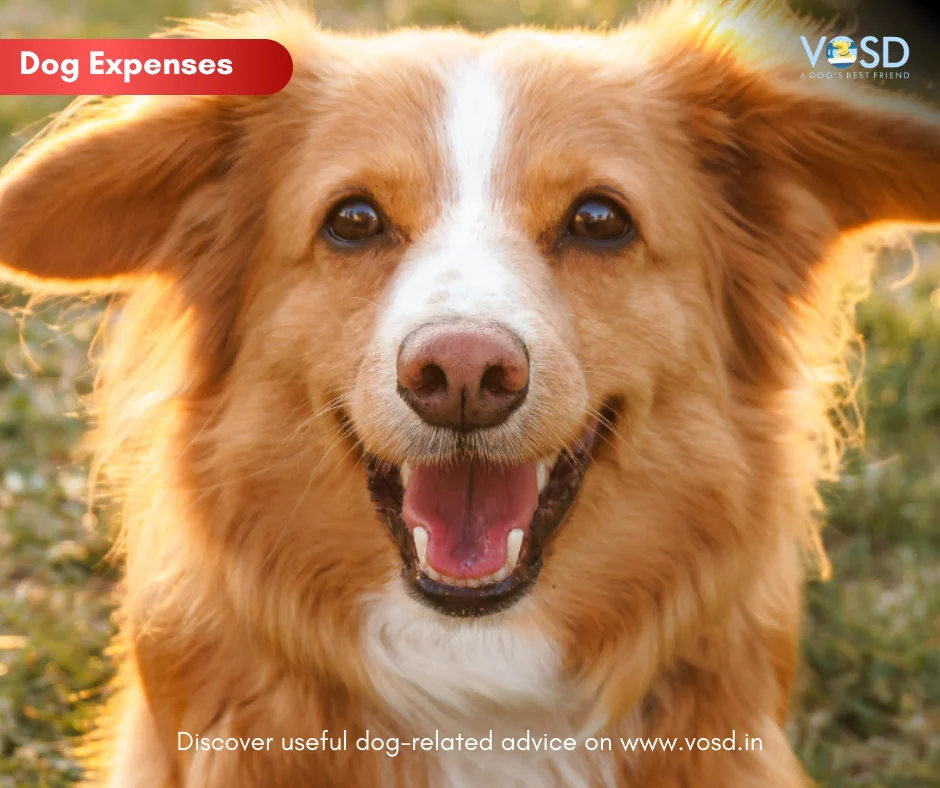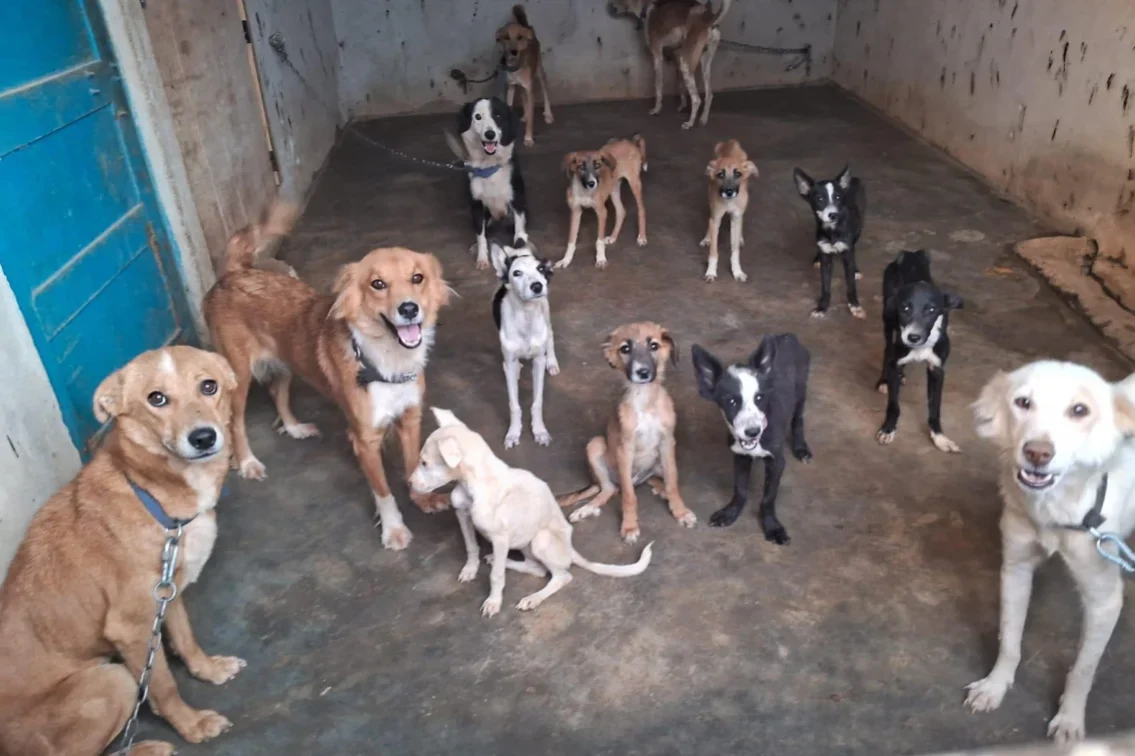Introduction
Owning a dog can bring great joy and companionship, but it also comes with financial responsibilities. Learning about the expenses that come with owning a dog helps potential owners make informed decisions about getting a dog.
The Initial Cost of Acquiring a Dog
Listed below are some common costs associated with having a dog:
1. Right after adopting your furry friend you will be required to meet their basic necessities like collar and leash, food and water bowls, bed or crate and toys for mental and physical stimulation.
2. Veterinary care also needs to be provided right from the very beginning. Initial vaccinations and regular booster shots will need to be given. Spaying or neutering surgeries will need to be arranged. Costs for routine check-ups, flea and tick prevention will have to be incurred.
3. High-quality dog food appropriate for your dog’s age, size, and health needs will have to be regularly procured.
4. Miscellaneous dog expenses will include costs of grooming sessions, training classes, treats and rewards, identification tags or a microchip, waste bags.
Budgeting for Initial Supplies and Essentials
In addition routine and emergency vet visits, pet sitting and boarding expenses also have to be carefully considered before bringing a pet home.
It’s essential to note that the monthly costs associated with dog ownership can vary widely depending on factors such as the dog’s size, breed, health, and where you live. Additionally, unexpected dog expenses can arise, so it’s wise to be financially prepared for emergencies.
Budget-Friendly Tips For Dog Ownership
Here are some budget-friendly tips for dog ownership:
- Adopt don’t shop: Consider adopting a dog from a local animal shelter or rescue group. Adoption is usually free of cost so purchasing a dog makes no sense.
- Provide basic training at home: Invest time in basic obedience training at home. This can prevent behavior issues that might result in costly professional training later on.
- Grooming: Learn to groom your dog at home. Regular brushing, nail trimming, and bathing can be done with minimal expense. Invest in basic grooming tools and seek advice from your veterinarian.
- Homemade Treats: Instead of buying expensive treats, consider making your own. Simple recipes with ingredients like peanut butter, pumpkin, or yogurt can be cost-effective and healthier for your dog.
- Bulk Buying: Purchase pet supplies in bulk to take advantage of discounts. This includes dog food, treats, and even toys. Be sure to store bulk items properly to prevent spoilage.
- Regular Exercise: Provide your dog with regular exercise to maintain their health. This doesn’t have to involve expensive toys or equipment. A daily walk, playtime in the backyard, or a trip to a local dog park are all cost-effective ways to keep your dog active.
- Health Preventatives: Invest in preventative care to avoid costly vet bills. Keep up with vaccinations, use flea and tick prevention, and provide dental care. Preventing health issues is often more economical than treating them.
Evaluating the Financial Commitments
Before getting a dog, consider creating a budget to estimate the annual costs associated with their care. Responsible dog ownership involves providing not just love and attention but also the financial means to meet their needs.
It’s challenging to know the exact figure for the lifetime cost of owning a dog because it can vary significantly. However, estimates from various sources suggest that the annual cost of owning a dog can range from a few thousand to lakhs of Rupees depending on factors like size and location.
Conclusion
It’s important to note that unexpected dog costs can arise, such as emergency veterinary care or unexpected health issues. Planning for these contingencies is crucial for responsible dog ownership. Before getting a dog, it’s advisable to create a budget and be prepared for both routine and unforeseen dog expenses. Additionally, regular veterinary care and preventive measures can help manage health-related costs over your dog’s lifetime.





